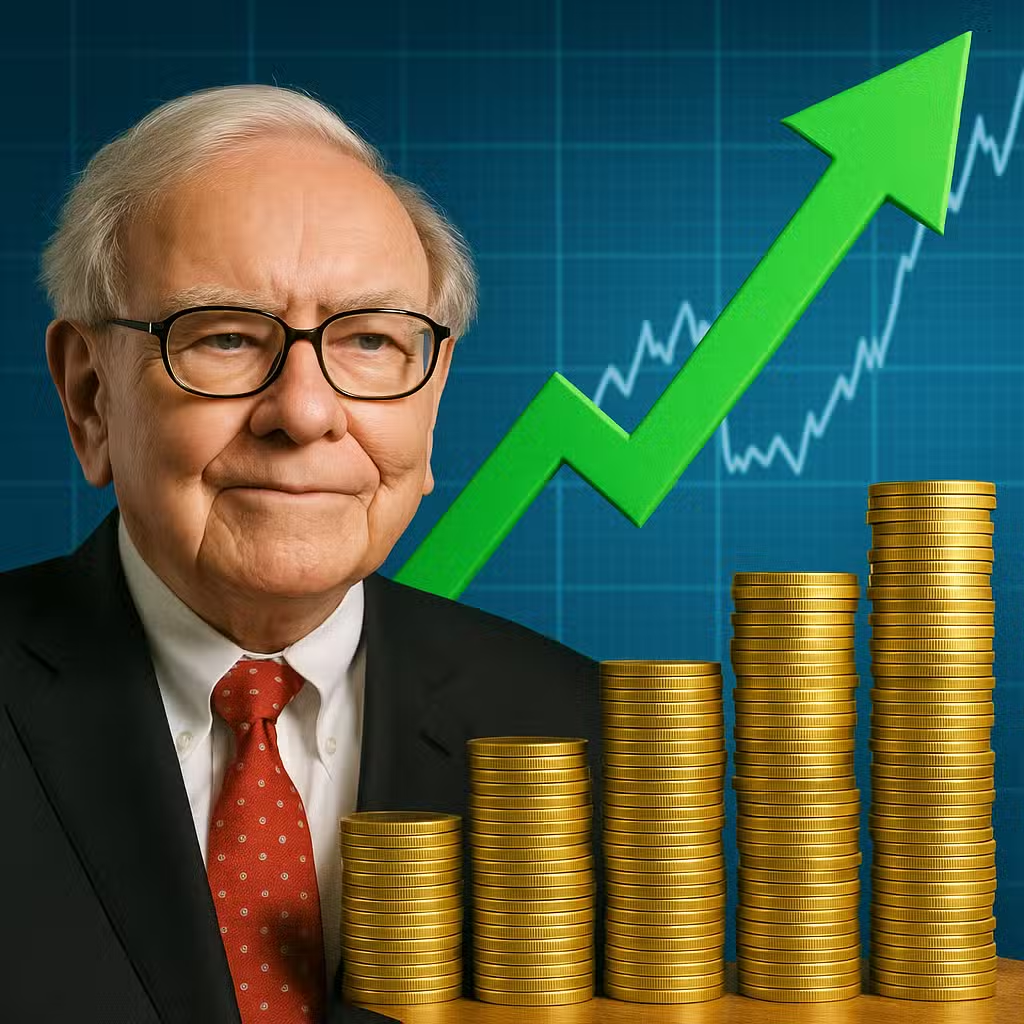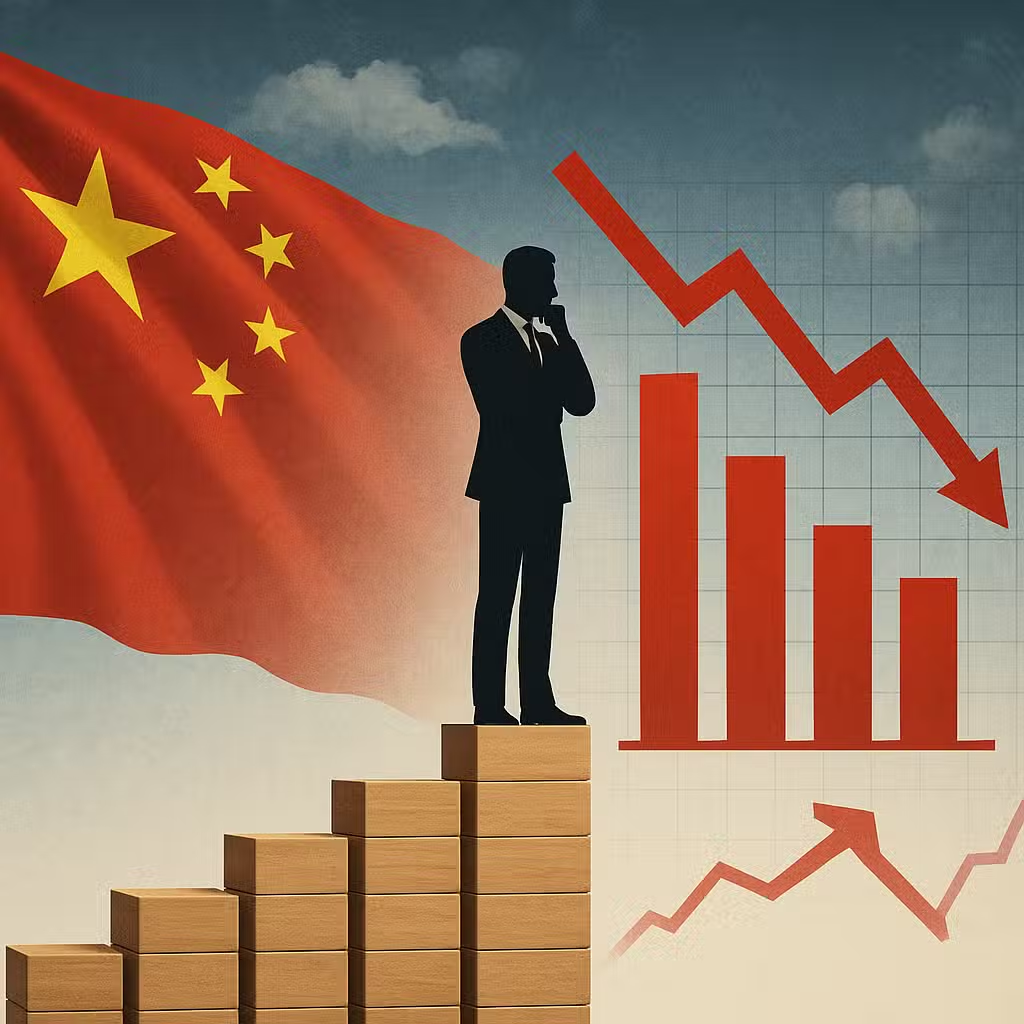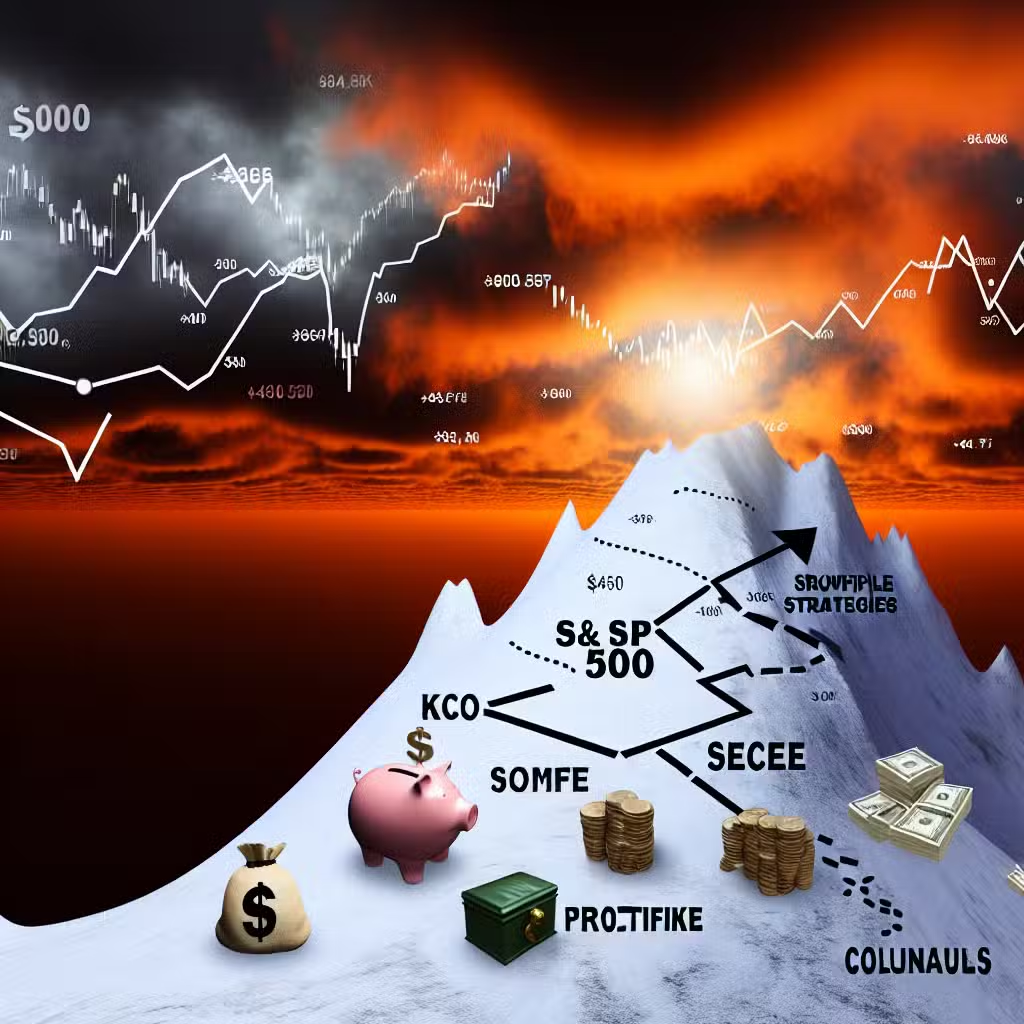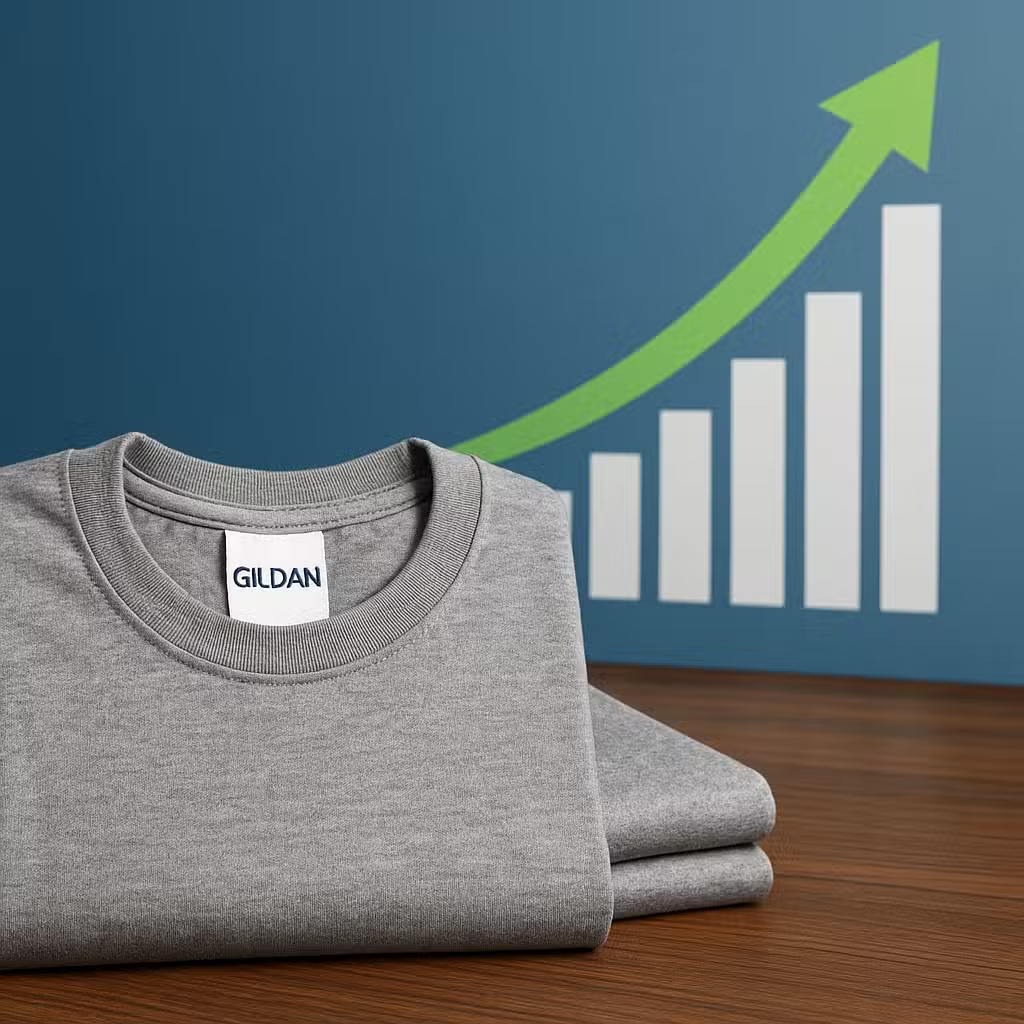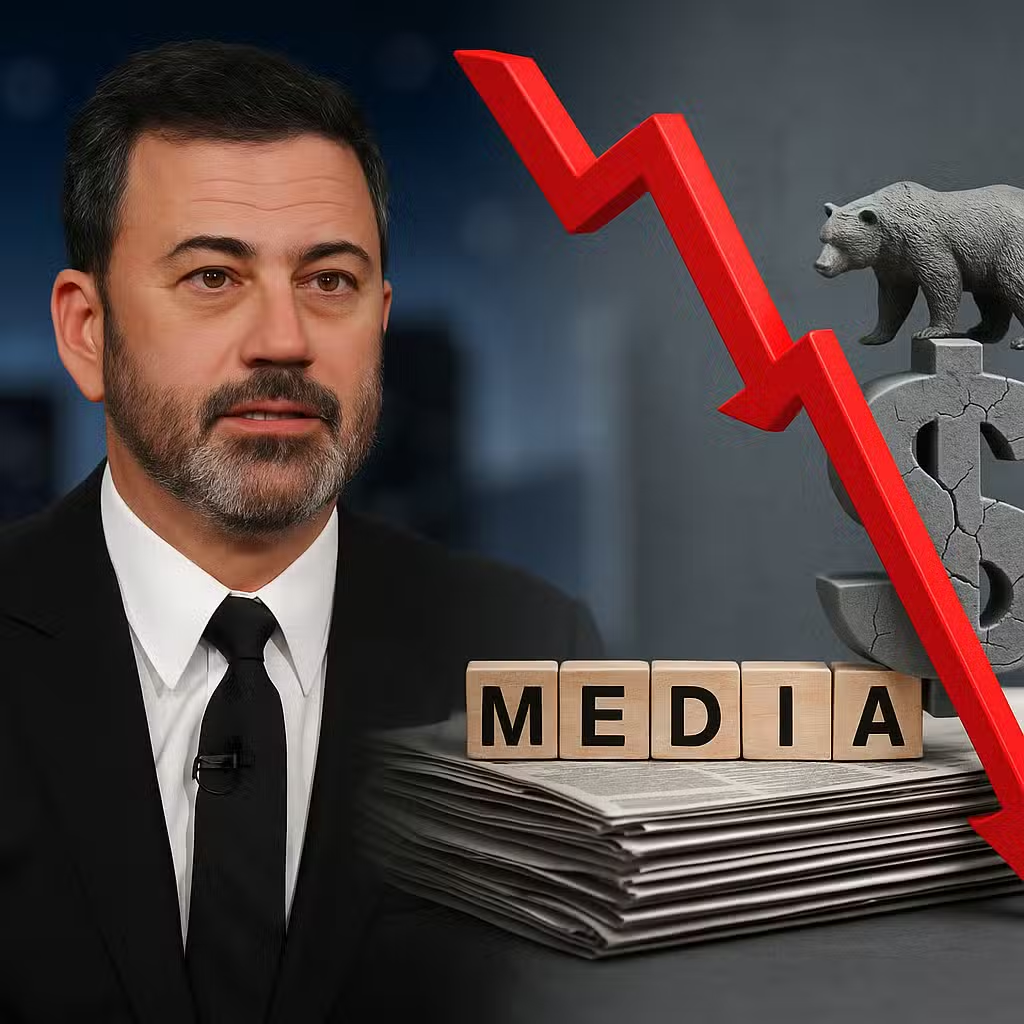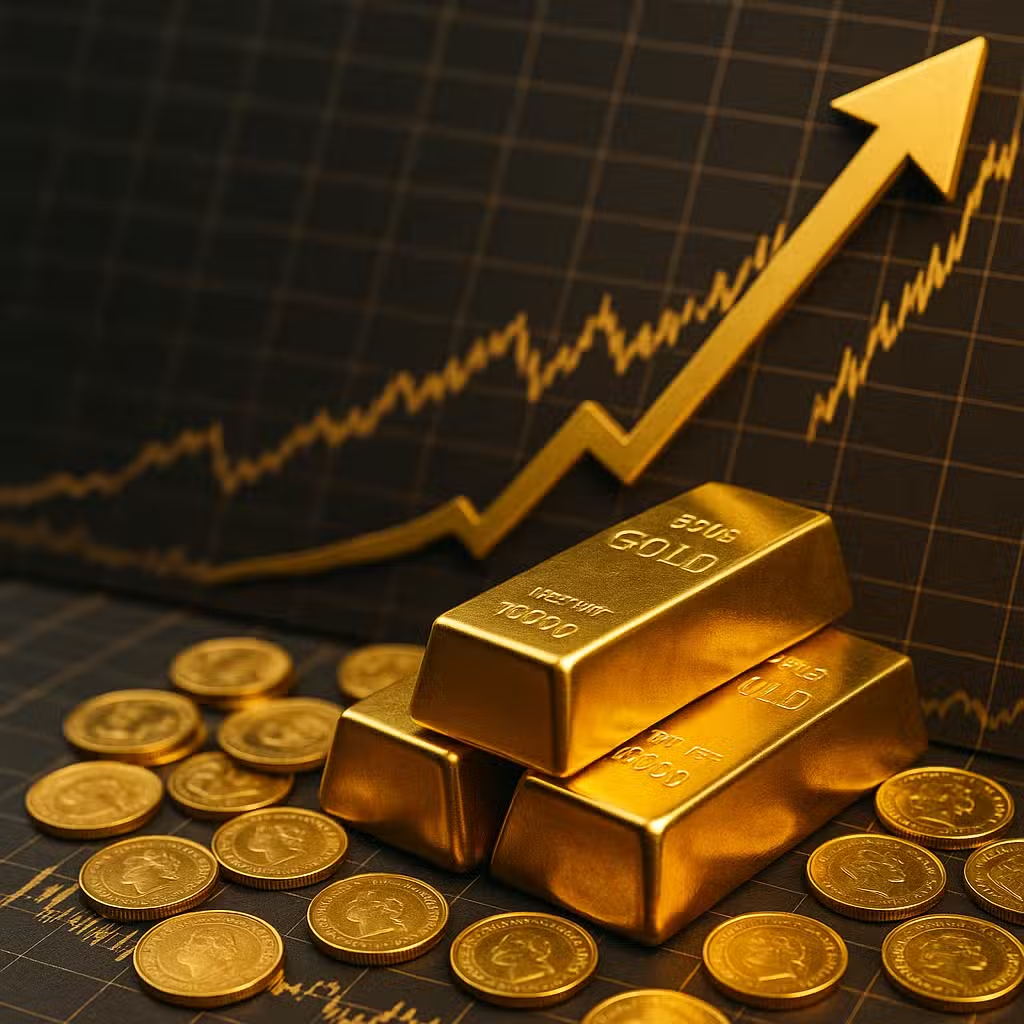Warren Buffett Considers Major Berkshire Investment, Signaling Fresh Growth Opportunities for Investors
Buying a big company is like picking the best player for your team—you want someone who can help you win. That’s why Warren Buffett’s possible move to buy a big part of Occidental Petroleum matters for investors everywhere.
What’s Happening?
Warren Buffett’s company, Berkshire Hathaway, is close to making a deal to buy OxyChem, a petrochemical unit of Occidental Petroleum, for about $10 billion. If this happens, it would be Berkshire’s biggest deal since 2022. At that time, they bought the insurer Alleghany for $11.6 billion.
This is a big deal not just because of the money, but because Buffett’s company is already a huge investor in Occidental. As of June, Berkshire owned more than $11 billion in Occidental stock—about a 28% stake in the company.
Why Does This Matter for Investors?
Big deals like this can shake up the stock market, especially for companies in the energy and chemicals industries. When a famous investor like Buffett makes a move, people pay attention because it can mean changes for the whole sector.
Berkshire Hathaway has a massive $344 billion in cash, which means they have the power to buy big and make moves that smaller investors can’t. These choices can affect the price of stocks in related industries, and sometimes even the whole market.
Bull Case: Why This Could Be Good
- Smart Money Moves: Warren Buffett has a long history of making good investments. According to Morningstar, his best investments have often outperformed the market.
- Energy Expertise: Greg Abel, who will take over as CEO, knows the energy industry well. This could help Berkshire make the most of this deal.
- Stable Cash Flow: OxyChem makes basic chemicals used in many everyday products, which can mean steady income.
- Dividend Income: Occidental pays a 2% dividend yield, giving investors income while they hold the stock.
- Growth in New Areas: Occidental is investing in carbon capture, a technology that could be important as the world tries to reduce pollution.
Bear Case: What Could Go Wrong
- Market Reaction: After the news came out, Occidental’s stock actually dropped 1.8%. Sometimes, big deals make investors nervous about the risk or the price paid.
- Energy Prices Fluctuate: Oil and chemical companies can see profits swing up and down a lot, depending on global prices.
- Leadership Change: Buffett will step down as CEO at the end of 2025. Some investors worry the company may not do as well without him at the helm.
- Regulatory Hurdles: Big deals in the energy sector often face tough government reviews, which can slow things down or even stop them.
- Past Deals Aren’t Always Winners: Not every big buy pays off. For example, Berkshire’s purchase of Kraft Heinz in 2013 faced problems later on (CNBC).
Historical Context: Buffett’s Big Bets
Buffett is known for making bold moves when others are nervous. For example, during the 2008 financial crisis, he invested in Goldman Sachs and General Electric when prices were low, which paid off big later. According to Bloomberg, his recent investments in energy, including Occidental, show he still believes in the sector’s long-term value.
Sector Impact
If Berkshire buys OxyChem, it could mean more attention on chemical and energy companies. A big deal like this might inspire other investors to look at these sectors for value, especially with new technologies like carbon capture getting more focus.
Investor Takeaway
- Watch for Deal Updates: The deal isn’t final yet, so keep an eye on news about Berkshire and Occidental.
- Think About Sector Exposure: Energy and chemicals can be volatile, but they also offer long-term growth if you pick the right companies.
- Consider Dividend Stocks: Companies like Occidental that pay steady dividends can add income to your portfolio.
- Prepare for Change: Buffett’s retirement as CEO could shake things up at Berkshire. Watch how the new leadership handles big deals.
- Don’t Chase Hype: Even when a famous investor makes a move, do your own research before buying in.
For the full original report, see CNBC

